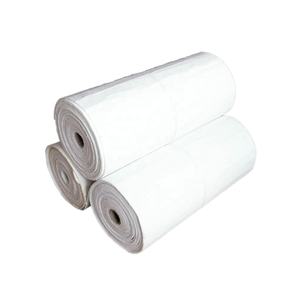
Sample Aerogel panel for Building Insulation aerogel 3mm aerogel paint
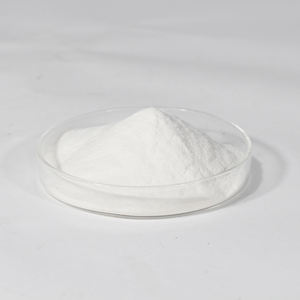
Waterproof PP plastic concrete formwork for construction in building field PVC board
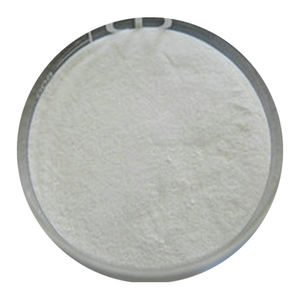
water reduction agent poly-naphthalene sulfonic Acid for concrete admixture
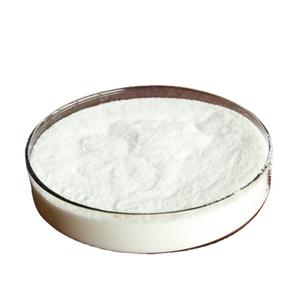
High quality plasticizer foaming agent lubricant CAS84-66-2 diethyl phthalate DEP
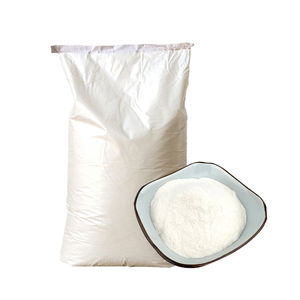
KINGWIT Solvent Free Brushable Sprayable Roof Waterproofing Elastomeric Coating For Concrete Roof Deck
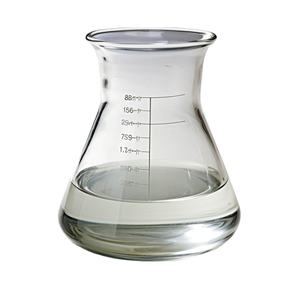
Polycarboxylate Super Plasticizer Ether based Concrete Admixture Superplasticizer
Overview of Acrylic Polymer Flexible Waterproof Coating for Concrete Roof
Concrete waterproofing is a critical process applied to concrete structures to prevent the penetration of water and moisture, safeguarding the integrity and durability of the structure. It involves the use of various materials and techniques to form a barrier that resists hydrostatic pressure and stops water seepage, ensuring that concrete remains dry and resistant to corrosion, decay, and structural damage. Effective waterproofing is imperative for basements, foundations, water tanks, bridges, tunnels, and other below-grade or water-retaining structures.
Features of Acrylic Polymer Flexible Waterproof Coating for Concrete Roof
Durability: High-quality waterproofing systems provide long-lasting protection, maintaining the performance of concrete structures over extended periods.
Adhesion: The waterproofing material must adhere well to the concrete substrate, forming a seamless bond that prevents water ingress even under pressure.
Flexibility: To accommodate movement and settling in the structure, waterproofing membranes should be flexible, resisting cracking or splitting.
Breathability: Some waterproofing systems allow for the passage of water vapor while blocking liquid water, preventing trapped moisture and potential structural damage from condensation.
Chemical Resistance: Waterproofing agents should resist chemicals present in soil, water, and deicing salts, preventing corrosion and degradation.
Ease of Application: The best systems are user-friendly, allowing for easy and efficient application by brush, roller, spray, or trowel.

(Acrylic Polymer Flexible Waterproof Coating for Concrete Roof)
The Acrylic polymer Flexible Coating for Concrete Roof is a type of coating that has been developed specifically to address the challenges faced by concrete roof construction. The coating is made from high-quality polymer materials and flexible materials such as polypropylene and polyurethane. It provides excellent properties while also being durable enough to withstand exposure to harsh weather conditions. The coating works by forming a waterproof membrane on the surface of the concrete roof. The material itself does not contain any adhesive or sealants, which means that it can be easily applied without any interference with the integrity of the building. This makes it ideal for use in a variety of architectural styles, including traditional buildings and modern skyscrapers. One of the key benefits of the Acrylic polymer Flexible Coating for Concrete Roof is its flexibility. The coating can be customized to fit specific design requirements and even adjust its strength and durability based on the needs of the project. This makes it an ideal choice for those looking to build a challenging or complex structure. Another important feature of the Acrylic polymer Flexible Coating for Concrete Roof is its durability. The material is designed to last for years, and the coating has been tested to ensure that it can withstand the harsh elements of daily use. This makes it an attractive option for those who want a long-lasting solution to their needs. Overall, the Acrylic polymer Flexible Coating for Concrete Roof offers a range of advantages over traditional waterproof coatings, making it a practical and effective choice for those looking to build a safe, secure, and beautiful concrete roof.

(Acrylic Polymer Flexible Waterproof Coating for Concrete Roof)
Applications of Acrylic Polymer Flexible Waterproof Coating for Concrete Roof
Basements and Foundations: To prevent groundwater seepage, basement walls and foundation slabs are commonly waterproofed.
Water Retaining Structures: Dams, reservoirs, water tanks, and swimming pools require waterproofing to retain water without leakage.
Tunnels and Subways: Waterproofing protects against water infiltration, ensuring safety and longevity of underground transportation infrastructure.
Bridges and Elevated Structures: Decks and support structures are often waterproofed to prevent corrosion and structural damage from freeze-thaw cycles.
Roofs and Terraces: Flat roofs and plaza decks benefit from waterproofing to prevent water damage and leaks.
Company Profile
Cie-China is a trusted global chemical material supplier & manufacturer with over 12-year-experience in providing super high-quality concrete additives and relatives products.
The company has a professional technical department and Quality Supervision Department, a well-equipped laboratory, and equipped with advanced testing equipment and after-sales customer service center.
If you are looking for high-quality concrete materials and relative products, please feel free to contact us or click on the needed products to send an inquiry.
Payment Methods
L/C, T/T, Western Union, Paypal, Credit Card etc.
Shipment
It could be shipped by sea, by air, or by reveal ASAP as soon as repayment receipt.
FAQs of Acrylic Polymer Flexible Waterproof Coating for Concrete Roof
Q: When should Acrylic Polymer Flexible Waterproof Coating for Concrete Roof be applied to concrete?
A: Ideally, Acrylic Polymer Flexible Waterproof Coating for Concrete Roof should be incorporated during the construction phase, immediately after the concrete has cured enough to handle the application but before backfilling or exposure to the elements.
Q: Can old concrete be waterproofed?
A: Yes, existing concrete structures can be retrofitted with waterproofing systems. This often involves cleaning, repairing any cracks or damage, and applying a suitable waterproofing membrane.
Q: How long does Acrylic Polymer Flexible Waterproof Coating for Concrete Roof last?
A: The lifespan varies depending on the type of system used and the environment. Quality systems can last up to 25 years or more with proper installation and maintenance.
Q: Is Acrylic Polymer Flexible Waterproof Coating for Concrete Roof the same as damp proofing?
A: No, damp proofing is a less robust method designed to resist moisture vapor, whereas waterproofing provides a higher level of protection against liquid water.
Q: What are common types of waterproofing materials?
A: Common materials include bituminous coatings, acrylics, polyurethanes, epoxies, crystalline admixtures, and bentonite clay.

(Acrylic Polymer Flexible Waterproof Coating for Concrete Roof)
Ask a quote for the latest price and one of our team members will respond as soon as possible. Fields marked with * are required.




